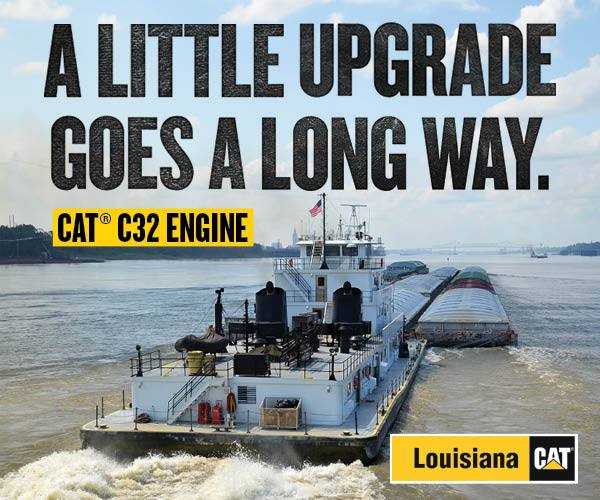AI Isn’t Coming After Every Job
The artificial intelligence (AI) revolution is already here, but if you work on or near the water, your job looks to be safe.
Last week we mentioned widely reported remarks by Mike Rowe, the former “Dirty Jobs” host and promoter of blue-collar careers, who has described artificial intelligence as “coming for the coders” but not for hands-on trades jobs like welding, plumbing, HVAC and electrical work.
Now comes the latest in a series of studies by Microsoft on the impact of its signature AI product, CoPilot, on how its users are doing their jobs. This most recent study identifies the 40 jobs supposedly most at risk from AI and the 40 jobs likely to be least affected.
The study has some limitations. It looked at only large language models (LLMs), which are only one type of AI. Artificial intelligence in all its forms undoubtedly will pervade most workplaces in time, but that doesn’t necessarily mean AI will be taking all jobs. In fact, experts and promoters are still debating the effects of AI on jobs.
With all those caveats noted, it’s interesting to see which 40 occupations are on Microsoft’s “safe list.” Those jobs include bridge and lock tenders, dredge operators, motorboat operators, oil and gas roustabouts and ship engineers.
Towboat crews weren’t specifically mentioned in the study, but perhaps they weren’t part of the study group. Or maybe AI, like many people, still doesn’t know the difference between a towboat and a ship. Regardless, towboat crews fit well within the other waterway jobs in the study.
Welders also weren’t on this particular safe list. Unlike the automotive industry, though, less than 10 percent of welding in U.S. shipyards is currently done by robots, according to estimates from the National Shipbuilding Research Program (NSRP) and the Department of Defense.
Could things change? Of Course. Korean shipbuilder Hanwha has just committed to investing billions in its Philadelphia shipyard, and a big part of that is modernizing and automating welding and other functions. Robotic welding might make economic sense for long courses of repetitive welds in large production runs. Even then, though, other welds must still be performed by hand.
The bottom line is the vast majority of hands-on jobs on or near the water, including towboat crew positions, are not going away anytime soon. Could AI shape how those jobs are done? Sure, but ambitious young people can pursue careers on or adjacent to the water with confidence in the future.


